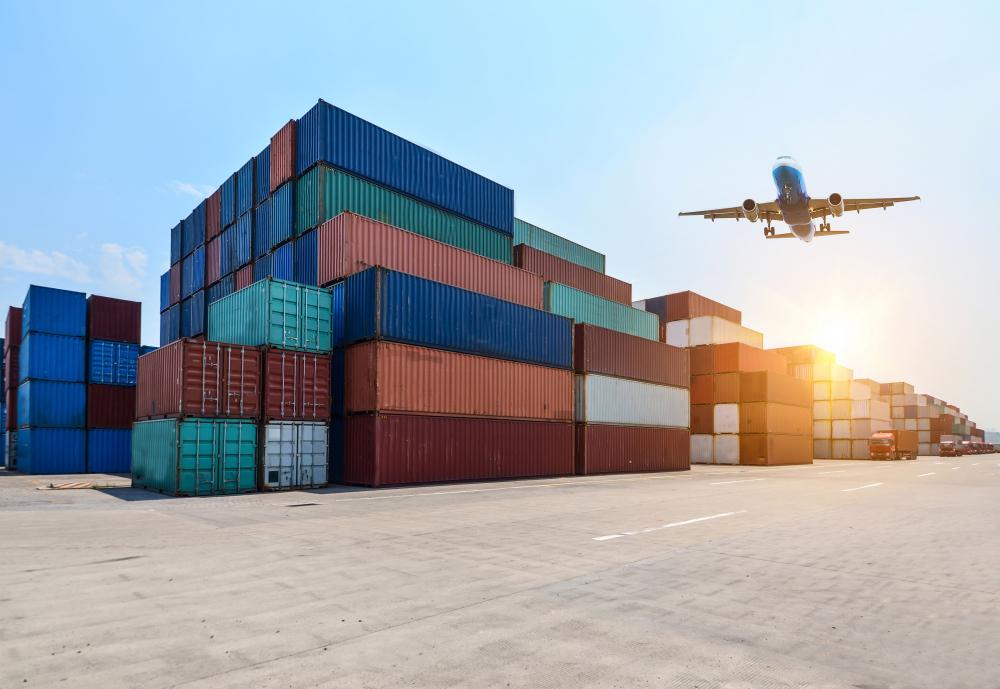Expanding into Brazil, the largest economy in Latin America, presents significant opportunities for foreign companies. One of the most effective strategies to access this market is through importation. However, understanding the available methods is crucial for a successful market entry. There are two primary importation models in Brazil: Importation by Account and Order and Importation by Order. This article outlines each of these models, their advantages, disadvantages, and practical considerations to assist in business decision-making.
Importation by account and order
Importation by Account and Order involves contracting a Brazilian import company to handle customs clearance on behalf of the purchasing company, but at the latter’s expense. In this arrangement, the purchasing company is the actual owner of the goods from the outset and provides the necessary financial resources for the importation. The import company acts as a service provider, facilitating the logistical and bureaucratic process.
Advantages:
- Full control: The purchasing company maintains complete control over supplier selection, price negotiations, and product specifications.
- Transparency: Greater transparency in costs allows for more precise financial management.
- Direct relationship: Enables the development of a direct relationship with foreign suppliers, leading to better commercial terms.
Disadvantages:
- Tax responsibility: The purchasing company is responsible for fulfilling all tax and customs obligations, requiring specialized knowledge.
- Operational complexity: Managing the importation process can be complex, necessitating efficient coordination between the import company and the purchaser.
Practical considerations: To operate under this model, it is essential for the purchasing company to have the financial and structural capacity to bear the costs and responsibilities of importation. A detailed contract with the import company should also be formalized, specifying each party’s obligations and ensuring compliance with Brazilian legislation.
Also read: How to start a business in Brazil: a step-by-step guide for foreign
Importation by order
In Importation by Order, the import company acquires goods abroad with its own resources and, after nationalization, resells these products to a predetermined ordering company. In this case, the import company owns the goods until resale to the ordering company.
Advantages:
- Lower initial investment: The ordering company does not need to disburse financial resources until the acquisition of nationalized products, reducing the required working capital.
- Operational simplicity: The import company assumes responsibility for the importation process, including tax and logistical issues, simplifying operations for the ordering company.
- Quick market entry: This model allows for faster entry into the Brazilian market, as the import company already possesses the necessary infrastructure for importation.
Disadvantages:
- Importer’s profit margin: The final product price may be higher due to the import company’s added profit margin.
- Less control: The ordering company has limited control over the importation process and may have limited access to information about suppliers and costs.
Practical considerations: It is crucial for the ordering company to assess the reputation and capacity of the import company to ensure that the products meet the desired specifications. Additionally, a clear contract should be formalized, establishing payment terms, delivery deadlines, and each party’s responsibilities.
Comparison between the models
The choice between Importation by Account and Order and Importation by Order depends on various factors, including the company’s market strategy, available financial resources, and the desired level of control over the importation process.
- Control and ownership:
- Importation by Account and Order: The purchasing company owns the goods from the start and exercises full control over the process.
- Importation by Order: The import company owns the goods until resale, and the ordering company has limited control over the process.
- Tax and customs responsibilities:
- Importation by Account and Order: The purchasing company is responsible for all tax and customs obligations.
- Importation by Order: The import company assumes tax and customs responsibilities until resale of the goods.
- Financial investment:
- Importation by Account and Order: Requires upfront financial investment from the purchasing company.
- Importation by Order: The import company uses its own resources for importation, reducing the ordering company’s initial investment.
Legal and regulatory aspects
Both models are subject to specific regulations established by the Brazilian Federal Revenue Service. It is essential for the involved companies to comply with current normative instructions to avoid penalties and ensure legal operations.
- Importation by account and order: According to Normative Instruction RFB No. 1,861/2018, the import company must inform the Federal Revenue Service of the importation by account and order condition, and both companies (importer and purchaser) must be properly registered in the Integrated System of Foreign Trade (Siscomex).
- Importation by order: As per Normative Instruction RFB No. 1,861/2018, the import company must inform the Federal Revenue Service of the importation by order condition, and the operation must be previously agreed upon between the import company and the ordering company.
For foreign companies seeking to expand their business in Brazil, it is essential to partner with experienced local entities that can assist in navigating the complexities of foreign trade and Brazilian legislation. CLM Controller Accouting, with over four decades of experience serving companies of all sizes, offers consulting and accounting services, including fiscal, tax, financial, labor, and paralegal assistance, serving as a strategic ally to ensure a successful entry into the Brazilian market.
.



0 Comments